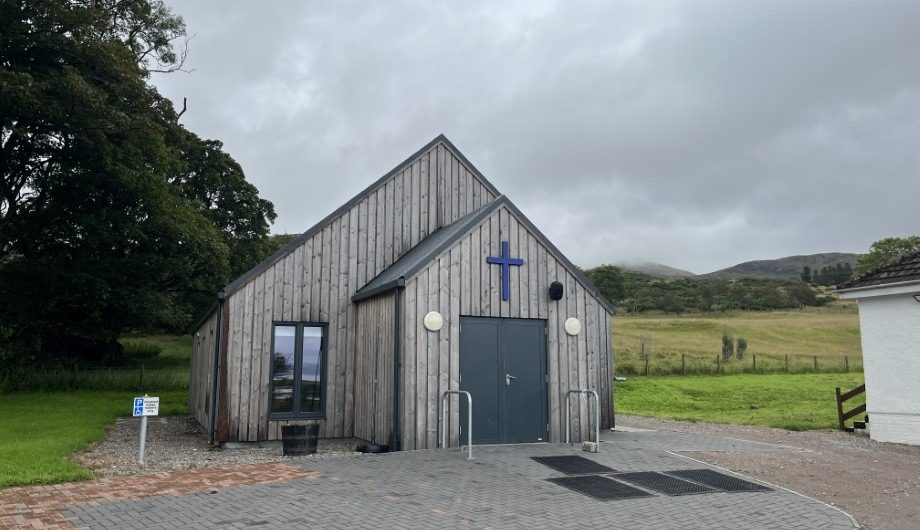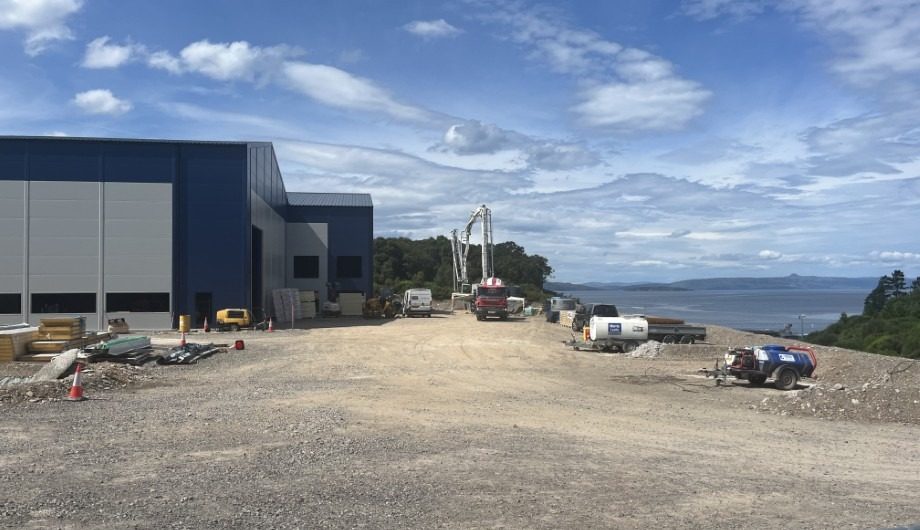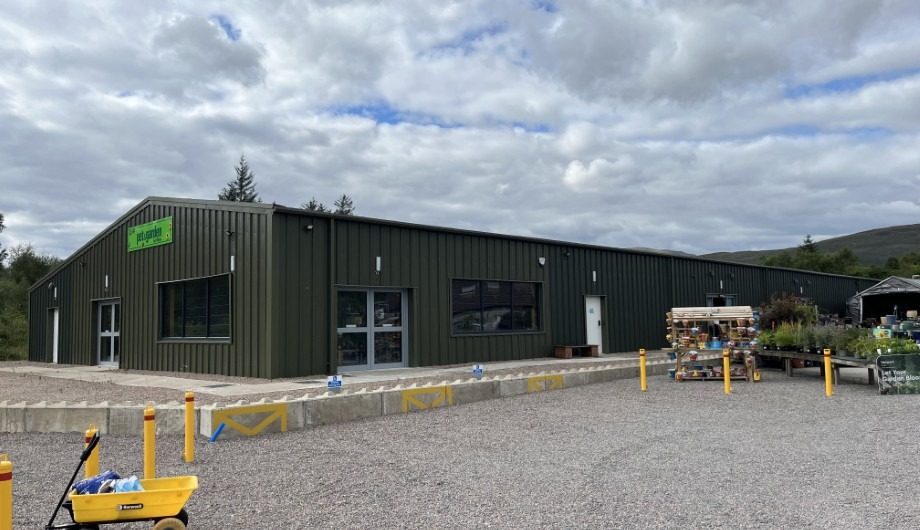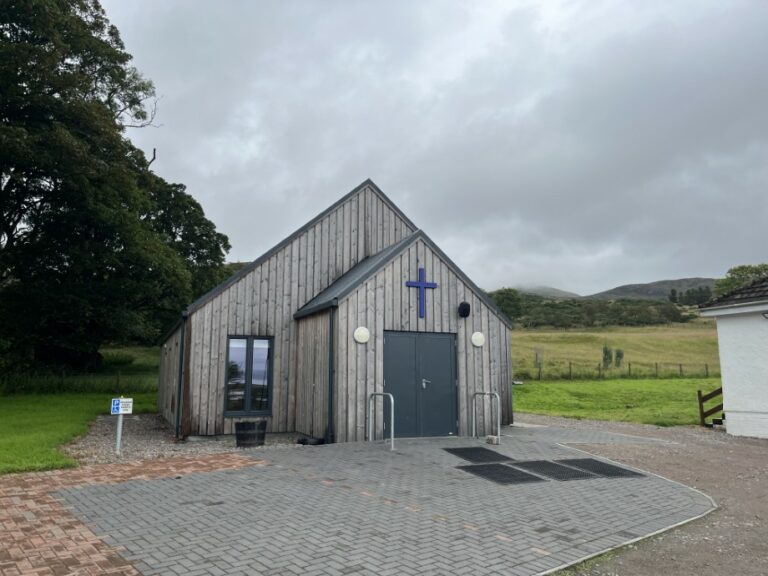


Welcome to Arthur Watt Consultancy
Chartered Building Engineer and Chartered Environmentalist, with extensive experience within the construction industry

Chartered Building Engineer and Chartered Environmentalist,
with extensive experience within the construction industry
Arthur Watt Consultancy offers a trusted, professional service built on extensive experience in the construction and environmental sectors.
Based in Fort William and working across Scotland, Arthur is a Chartered Building Engineer, Chartered Environmentalist, and Member of the Institute of Engineering and Technology. He held a senior position in Local Authority Building Standards for many years before becoming an independent consultant 17 years ago.
He is known for his practical approach, regulatory knowledge, and attention to detail. He works with domestic & non-domestic clients, architects, and contractors, delivering a broad range of consultancy and inspection services. Arthur provides reliable, fully accredited expertise with a strong focus on quality, compliance, and client care.
Why Choose Arthur Watt Consultancy
- Extensive Experience – many years of hands-on technical and environmental engineering..
- Full-Spectrum Services – covering standards, energy, water systems, fire safety, and more.
- Local Knowledge – deeply familiar with Scottish regulations and terrain.
- Client-Focused – offering clear communication, attentive service, and reliable deliverables.
EPCs for Existing Dwellings
If you’re renting out a property or applying for funding under government-backed energy efficiency schemes, you’ll need a valid EPC. We offer EPC assessments for existing dwellings, helping landlords and homeowners meet their legal obligations.
EPCs are valid for 10 years, and although you’re not required to update them within that time, you may choose to do so if the energy performance of your property has improved through upgrades such as insulation, new heating systems, or renewable technologies.
SAP Calculations and EPCs for New Dwellings
We also provide SAP (Standard Assessment Procedure) calculations to support Building Warrant applications for new dwellings.
Once construction is complete, we can also supply a lodged Energy Performance Certificate (EPC) to accompany your Completion Certificate submission to Building Standards — helping ensure a smooth and successful sign-off.
building standards
Building consultancy
Legionella Risk Assessment
PAT Testing (Portable Appliance Testing)
Private Wastewater
Treatment Design
Fire Risk Assessments
What Our Clients' Say
Let’s get your project running smoothly.
Contact Us
About Us
Arthur Watt Building Engineer Ltd, trading as Arthur Watt Consultancy, is registered in Scotland No. SC 382915
VAT Reg No. 249 7145 77
Our Services
Contact Info
- 1 Farrow Drive Fort William PH33 7JW
- 01397 719114
- arthur@arthurwattconsultancy.co.uk


